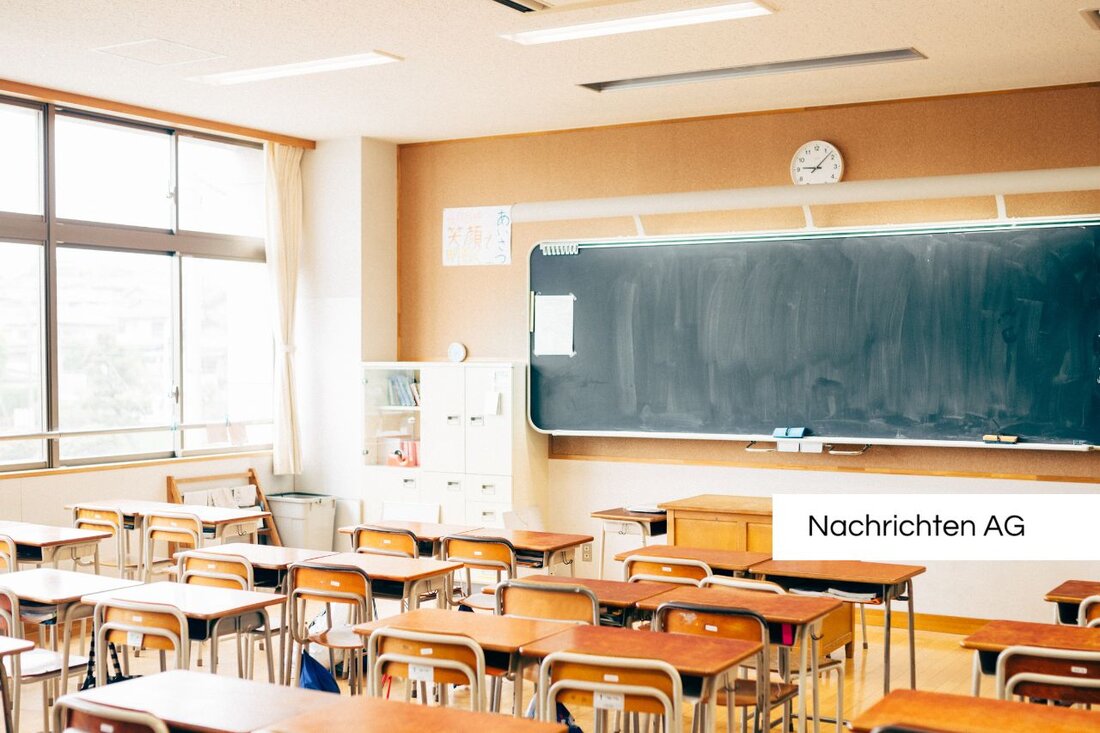Innsbruck in the fight against disinformation: action day on June 6th!
Innsbruck in the fight against disinformation: action day on June 6th!
Brunecker Str. 1, 6020 Innsbruck, Österreich - On June 6, 2025, a press reciprocal discussion will take place in the Media Campus Tirol in Innsbruck as part of the action day #democracyinaction. The aim of this event is to fight disinformation and strengthen democratic structures through education and dialogue. The event is made by remarkable personalities such as Mep Sophia Kircher, Dr. Othmar Karas and Professor Matthias Kettemann accompanied and moderated by Promedia. It runs from 12:00 p.m. to 12:45 p.m., and interested parties have to register by June 2, 2025.
The day of action is supplemented by various formats that aim to promote media literacy and trust in public communication. School classes will play the "Bad News Game" from 9:00 a.m. to 12:00 p.m. These activities illustrate the relevance of independent information and a critical public for democracy, such as [ots] (https://www.ots.at/presseaus-sung/ots_20250526_ots0148/eins invitation-innsbruck-6-juni- 2025- Hinterpronchrichpra-Aga-zum-zum- against Desinformation) reports.
EU initiatives to combat disinformation
In order to strengthen resilience against disinformation within the EU, the European Commission has provided 5 million euros. This budget supports projects of actors from civil society, universities and research centers that can submit proposals by June 16. An amount of 3.15 million euros is used for the uncoveration of malicious information manipulation campaigns and the development of measures to strengthen social resilience. The second tender provides around 1.6 million euros to increase the range of independent factor examination organizations, as the EU representation in Germany explained.
Such initiatives are particularly important because the spread of fake news, mission and disinformation in social media is worryingly high. Unclear definitions and the demarcation between these terms represent a challenge. Studies show that fake news is often consumed in politically committed circles and that low confidence in political institutions increases the sensitivity to this content. This problem was increased by the election of Donald Trump 2016 and the Brexit referendum, which got the debate on the effects of fake news, such as the [Federal Center for Political Education] (https://www.bpb.de/shop/zeitschratten/izpb/Medienkompetenz-355/539986/fake-new--newinformation- Destinformation/)) describes.
The importance of media literacy
The promotion of media literacy is regarded as an essential approach to combating fake news. It includes much more than the mere production of information, but also a critical reflection on the content that is consumed. Measures such as fact checks and sensitization initiatives are necessary to counteract the spread of disinformation.
In addition, we experience that intensive widens of fake news often have high media literacy and use deliberately dubious sources. In order to maintain trust in serious sources of information and to improve the recently outlined state of media consumption, increased educational work will be essential.
| Details | |
|---|---|
| Ort | Brunecker Str. 1, 6020 Innsbruck, Österreich |
| Quellen | |


Kommentare (0)